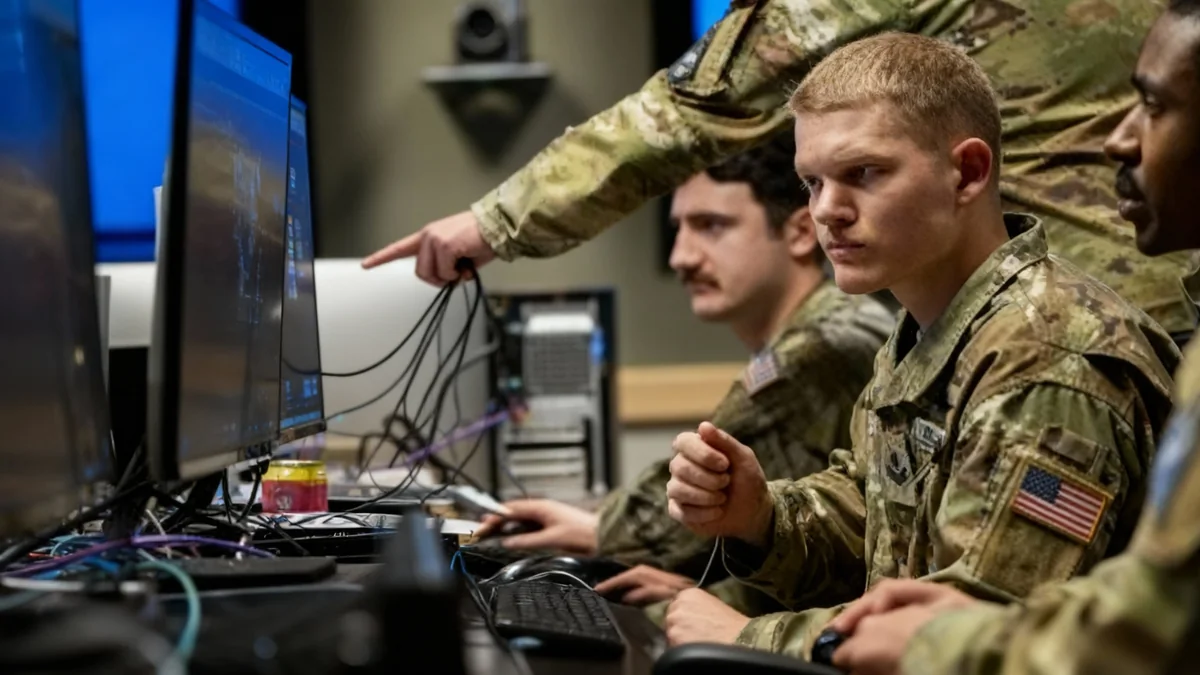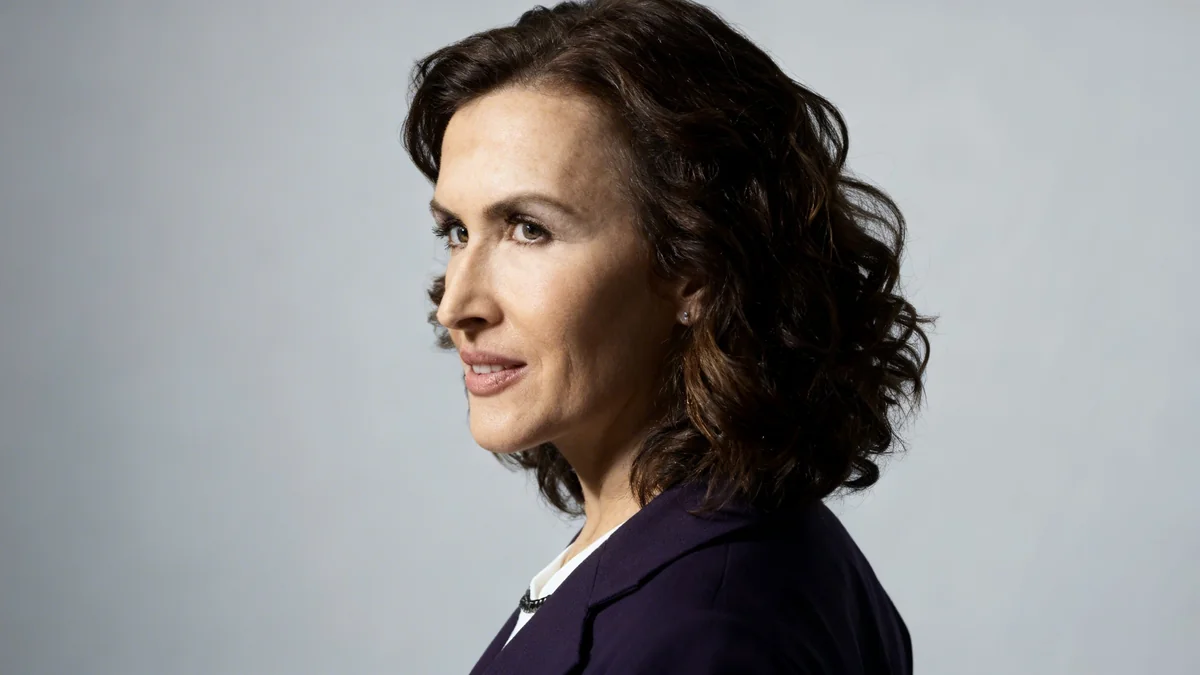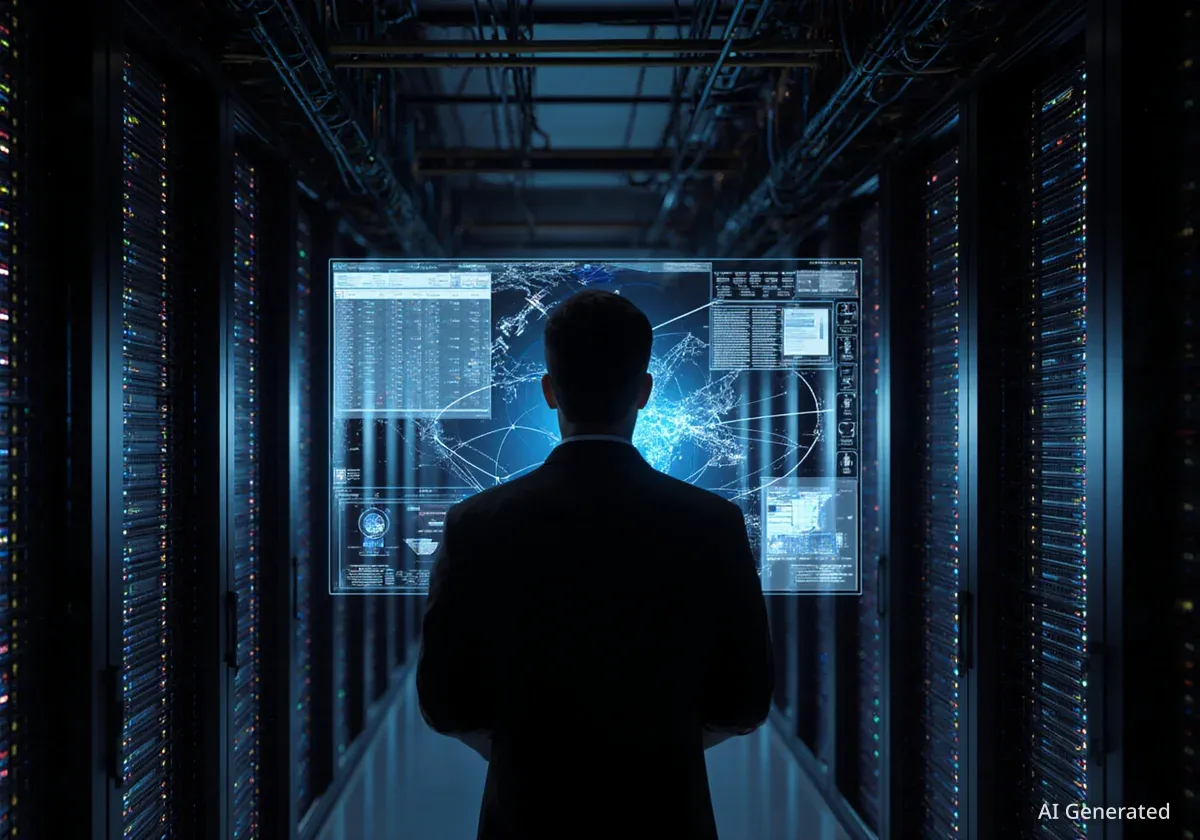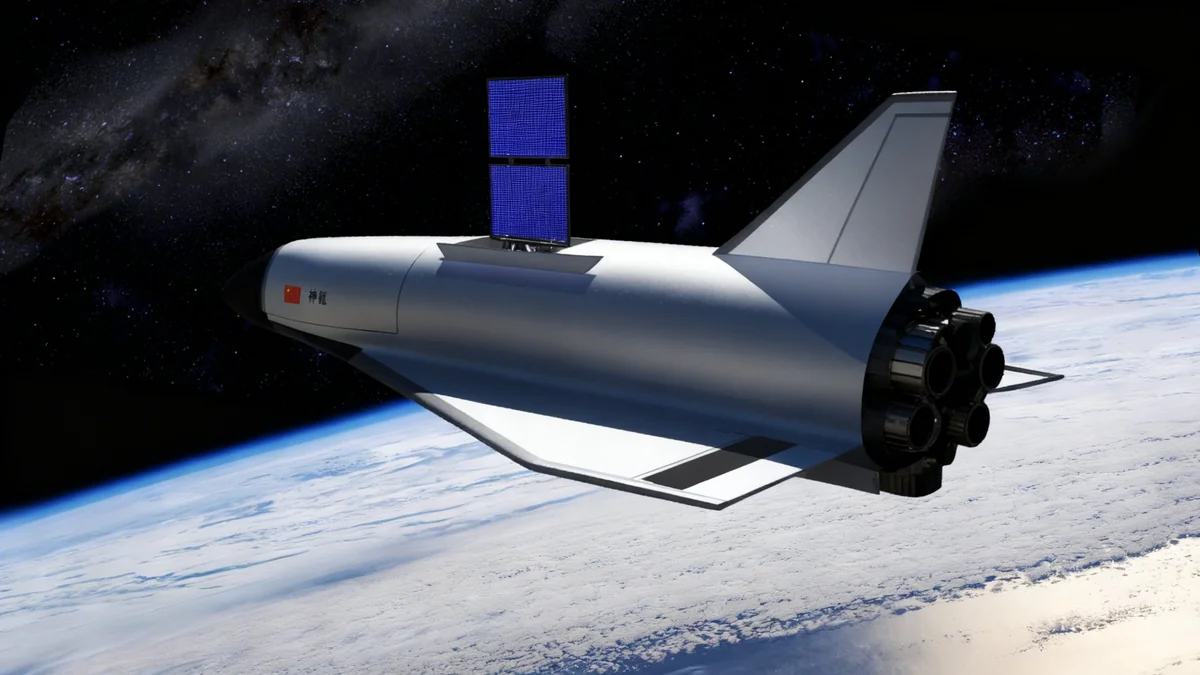An unprecedented cybersecurity competition has concluded in orbit, where ethical hackers were invited to breach a live satellite. The event, known as CTRL+Space, marks Europe's first in-orbit Capture-the-Flag (CTF) contest and highlights the escalating need to secure vital space infrastructure against digital threats.
Italian space logistics firm D-Orbit, in collaboration with the Italian cybersecurity team mhackeroni, organized the competition. The event, which ran its finale from November 4-6, was supported by the European Space Agency (ESA) and culminated at the European Space Research and Technology Centre in the Netherlands.
Key Takeaways
- CTRL+Space was Europe's first live, in-orbit cybersecurity competition involving multiple satellites.
- Five finalist teams attempted to hack D-Orbit's ION Satellite Carrier in a controlled environment.
- The competition, won by team Superflat, aimed to identify vulnerabilities in satellite systems.
- The event underscores the growing concern among space agencies and private companies over cyber threats to space assets.
A New Frontier for Cybersecurity
The competition centered on D-Orbit's ION Satellite Carrier, a versatile spacecraft designed to deploy smaller satellites into precise orbits. For the event, the satellite was transformed into a secure digital battleground. Five elite teams of hackers, who emerged from an initial pool of 559 teams, were given the challenge of identifying and exploiting vulnerabilities within the satellite's computer systems.
The finalists—ENOFLAG, Superflat, RedRocket, CzechCyberTeam, and PoliTech—competed to capture digital "flags" by breaching specific security layers. After an intense multi-day finale, the team known as Superflat was declared the winner. D-Orbit confirmed that the entire exercise was conducted in a fully controlled and isolated environment, ensuring that the satellite's primary commercial mission was never at risk.
The Purpose of Ethical Hacking in Space
The goal of CTRL+Space was not malicious. Instead, it was a proactive measure to understand how conventional cyberattacks might translate to the unique environment of space. By inviting experts to test their systems, companies like D-Orbit and agencies like ESA can identify weaknesses before they are discovered by hostile actors.
Daniele Lain of mhackeroni, a postdoctoral researcher at the Swiss Institute of Technology in Zurich, commented on the unique challenges. "The space environment poses unique issues to the development of engaging challenges," he stated. Lain explained that the event helps experts "understand how more conventional vulnerabilities and exploits can translate to satellite environments and their limitations."
What is a Capture-the-Flag (CTF) Competition?
In the world of cybersecurity, a Capture-the-Flag event is a competition where participants, often working in teams, are challenged to solve a series of cybersecurity problems. Success is marked by finding a hidden piece of data, called a "flag," within a secured computer system. These events are a popular and effective way to test security skills and identify system vulnerabilities in a controlled, legal setting.
A Growing Threat Above the Earth
The significance of this competition extends far beyond a simple contest. As the world becomes more dependent on satellites for communication, navigation, financial transactions, and national security, these assets are becoming increasingly attractive targets for cyberattacks.
"Cybersecurity has become a fundamental pillar of the new space economy."
This sentiment was echoed by Antonios Atlasis, System Security Section chief at ESA. He noted that the challenge provided European students with a unique opportunity to confront real-world satellite cybersecurity issues. More importantly, he said it "proved that the implementation of cybersecurity protection measures in satellites is possible, even for the most challenging security scenarios."
Competition by the Numbers
- 559 total teams initially participated in the event.
- 299 teams successfully completed at least one cybersecurity challenge.
- 5 teams advanced to the in-orbit finals.
- 1 winner, team Superflat, emerged from the final competition.
Global Efforts to Secure Space Assets
The CTRL+Space event is part of a broader international trend. Governments and commercial operators are increasingly turning to the ethical hacking community to bolster their defenses. In 2023, the U.S. Air Force hosted a similar event at the DEF CON conference in Las Vegas, inviting hackers to attempt to compromise a cubesat in low-Earth orbit.
Experts warn that the barrier to entry for cyber warfare is relatively low compared to traditional military operations. "The cost of admission is relatively cheap in the cyber area," one security official noted recently, highlighting the persistent concern among defense agencies.
This digital vulnerability has also influenced national space strategies. Germany, for example, is reportedly looking to acquire satellites with defensive capabilities, including the ability to inspect other objects in orbit and potentially jam hostile spacecraft. These developments signal a shift towards a more defensive and proactive posture in space.
The Future of Satellite Security
The successful conclusion of CTRL+Space is a significant milestone. It demonstrates a collaborative approach between the commercial space industry, government agencies, and the cybersecurity community to address a shared threat.
For D-Orbit, the event was a validation of their security architecture. "Cybersecurity has become a fundamental pillar of the new space economy," said Grazia Bibiano, the company's Portugal leader. By stress-testing their systems in a live environment, they gain invaluable data to build more resilient spacecraft for the future.
As more satellites are launched and our reliance on them deepens, events like this will likely become more common. They serve not only as a practical test of technology but also as a crucial training ground for the next generation of cybersecurity professionals tasked with defending the final frontier.





